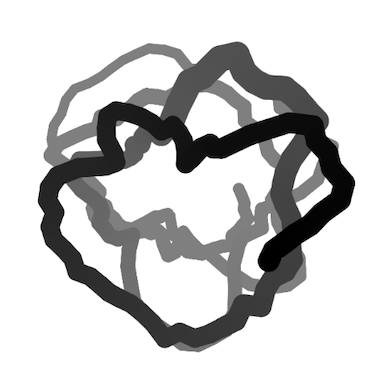Generative Photography
About This Project
From Pinhole to GANs: an ongoing experiment to find emotional impact for machine-generated visuals
The first-ever photograph was made in a pinhole camera in 1826. With hours of exposure time, there were light leaks, changes in shadows, a sense of movement over time. The photograph itself looks more like a drawing and feels genuine, subtle and organic. Today’s image-making technology, Generative Adversarial Networks, although create images that are aesthetically intriguing and culturally relevant, they feel pixelated, mechanical and rigid. The emotional impact is lost as the chemical process is removed.
This project aims to study the nuanced visual qualities in pinhole images and implement them in our contemporary image-making technology in the hope to give life to pixels and create an emotional impact for the viewers. It is a project co-created by Yuguang Zhang and I.
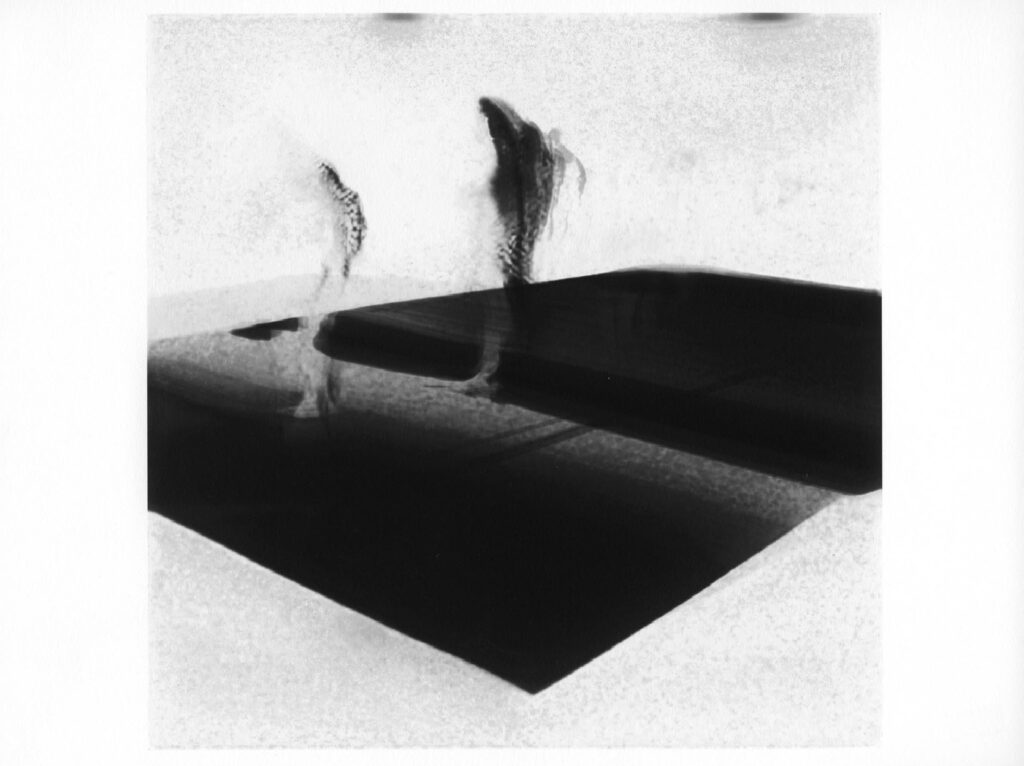
Process

Generative Content Created Using Machine Learning as the “Light Source”
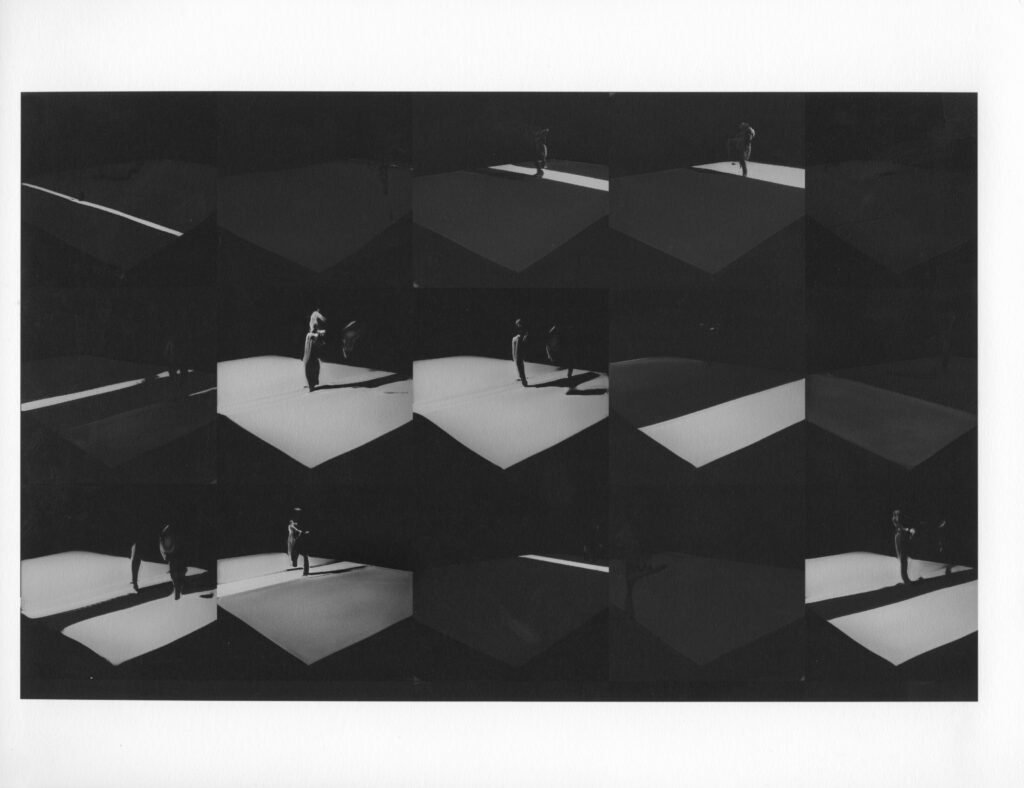
Simulated Digital Pinhole Exposure Using p5.js
Digital Pinhole Negative Print & Analog Pinhole Contact Sheet
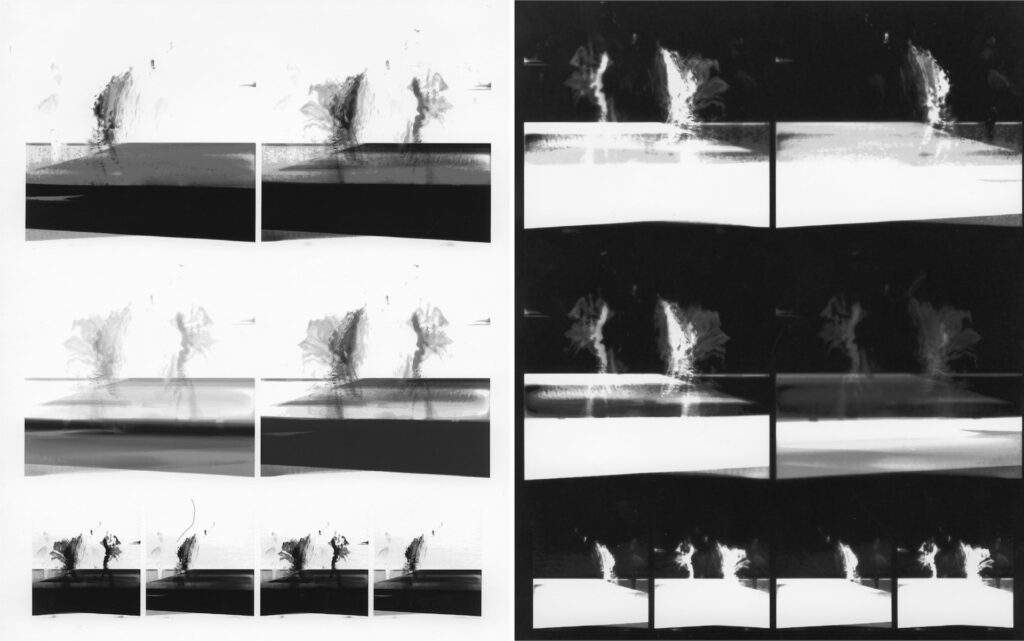
Digital Pinhole Negative Print & Analog Pinhole Photograph
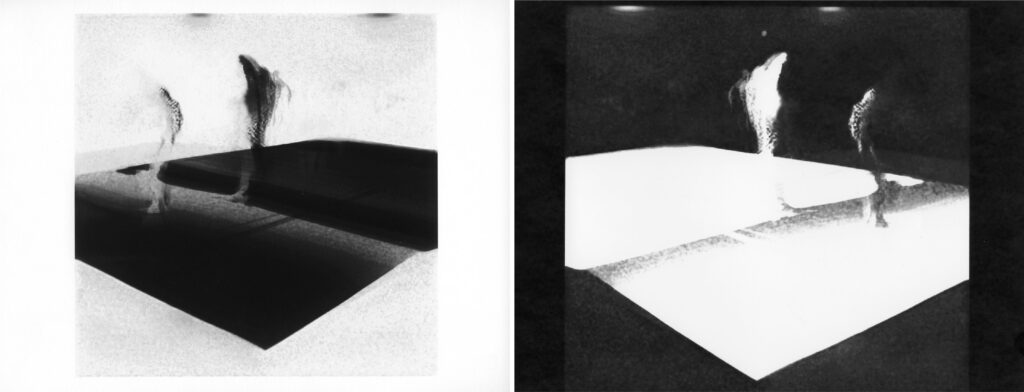
Artist Talk
Left: Re-Fest, CultureHub 2020, Right: Processing Community Day NYC 2020

Pinhole Studies

Previous showcases:
Artist Talk and Exhibition: Re-Fest, CultureHub 2020
Process Sharing: Processing Community Day NYC 2020
Online Exhibition: ML x Art, April 2020
Artist Talk: UW–Madison Art, February 2020
